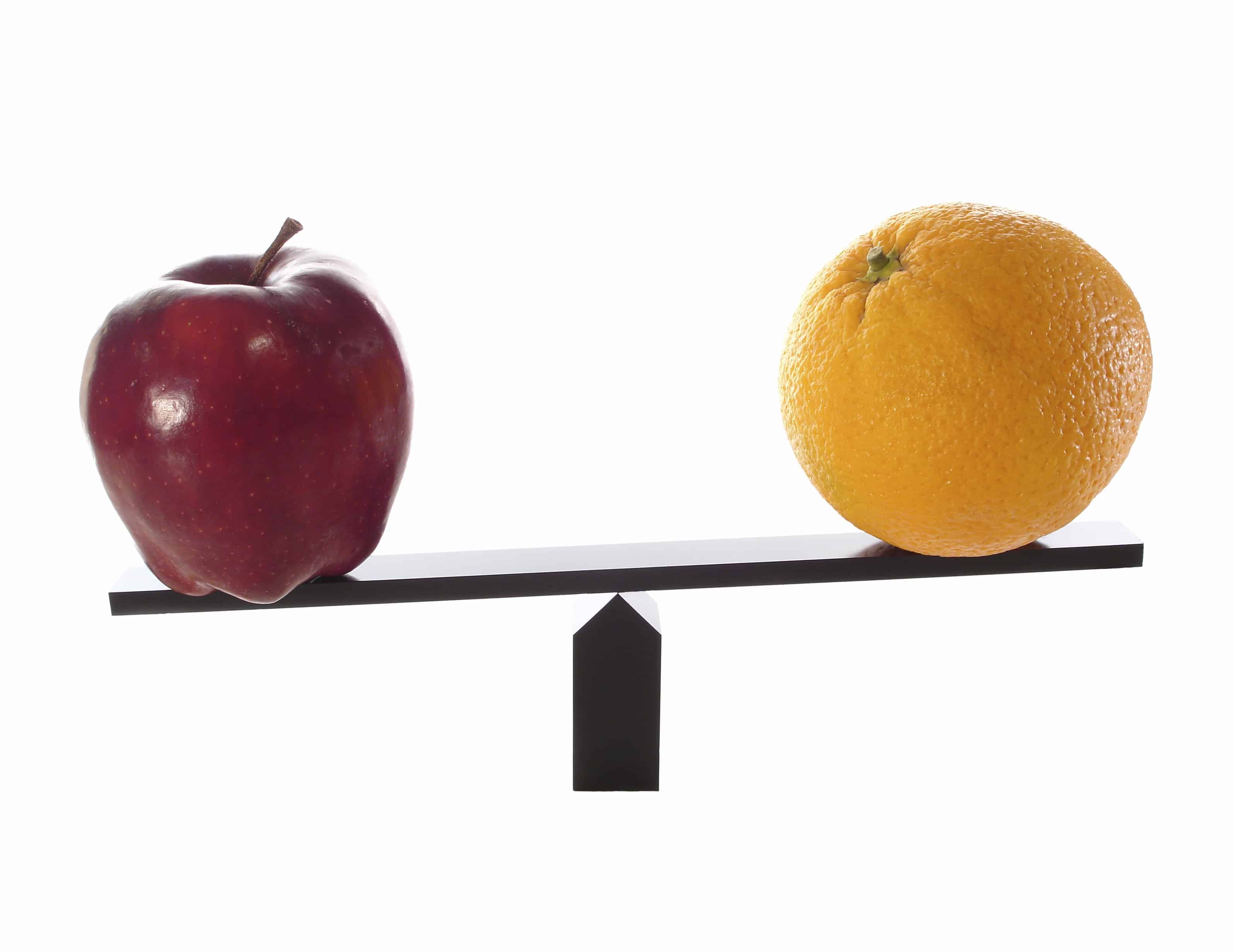
When you’re working with others in recovery who are going through similar struggles to you, it’s easy to compare your recovery process to the processes of others. There are times when comparing yourself to others can be productive, but at other times it can be discouraging and unmotivating. Here we’re going to discuss the different types of comparisons and how you can train your brain for healthy thinking.
The Problem With Comparing
While everyone in addiction recovery shares some similarities, no two journeys are the same. Different people have different weaknesses and strengths, and will find different aspects of recovery easy or challenging. Seeing another’s success in an aspect that you are struggling in is misleading. You can’t know what struggles he or she has faced to get to this point, and you can’t know what issues he or she continues to struggle with. If you compare yourself to others and feel like giving up because of it, you’re making a negative comparison.
The Benefits of Comparing
The reason treatment methods like group therapy and 12-step programs are so successful is that they help recovering addicts find what they have in common. This serves to break through the isolation of addiction and allows group members to reconnect with others again. This kind of comparison can help you visualize where others have been, where they are now, and where they hope to go. If you see someone who is further along the path to recovery than you are, but you find their progress motivating in your own journey, this is a positive comparison.
Making a Healthy Comparison
Negative comparisons don’t help your recovery, and they aren’t based in reality. Making assumptions about others and beating yourself up because of it is a waste of time. Rather than seeing someone else’s progress and comparing yourself to him or her, it’s better to work in the other direction. Take a look within yourself and identify the areas where you would like to see improvement. Next, choose someone from your group whom you admire and whom you have seen succeed in the areas you need to work on. View this person as a mentor and ask him or her to share experiences with you and give you ideas about how you can move forward. This will turn your natural inclination to compare yourself to others into a positive, inspiring process.

